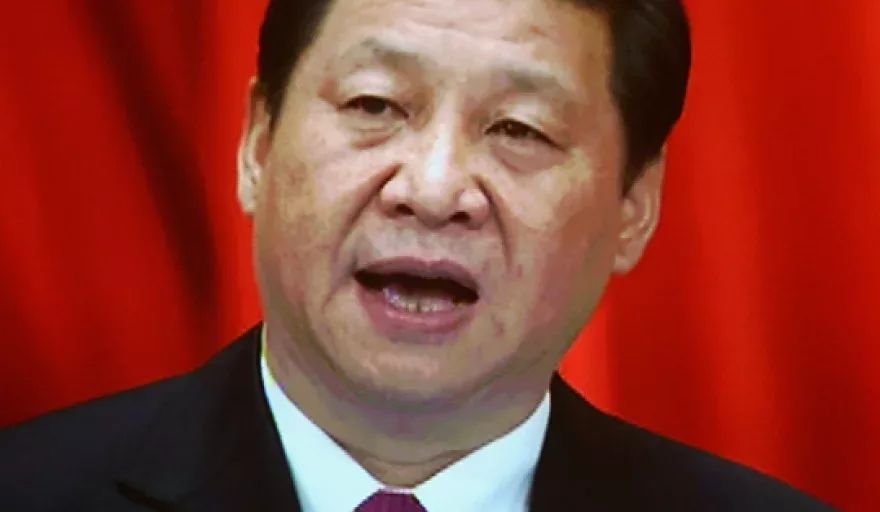China and Pakistan have launched a plan worth $46 billion to link their economies by forging “Silk Road” land and sea ties to allow for better reach to the Middle East and Europe. With growth in key industry areas such as energy and infrastructure becoming vital to future development and international relations, the two countries’ economic ambitions will serve to meet growing demand for trade.
China’s President Xi Jinping signed the agreement for a China-Pakistan Economic Corridor (CPEC) on the 20th April, which includes a network of roads, railways and pipelines between the long-term allies in the next 15 years. They will span 1,865 miles from Gwadar, Pakistan, to China’s western Xinjiang region, giving China direct access to the Indian Ocean and beyond. The $46 billion figure is around 20 percent of Pakistan’s own GDP, and is more than the GDP of 106 countries worldwide.
“The aim of the project is simple: to create a trade route, or ‘superhighway’, from the western Chinese city of Kashgar to the southern Pakistani port of Gwadar,” says news platform Desiblitz.
Pakistan and China have held close diplomatic military and economic ties for decades. Under the CPEC development, the Chinese government and banks will lend to Chinese companies to allow them to invest in projects as commercial ventures. Moreover the new routes will provide China with cheaper market access to the Middle East by providing an alternative trade route, rather than using its current ports on the eastern and southern coasts; these areas are vital for the country’s oil imports.
“The Chinese are stepping in, in a much, much bigger way than the United States ever contemplated,” said Jahangir Tareen, a Pakistani businessman, and the secretary general of the Pakistan Tehreek-e-Insaf party.
“The assistance is far, far more than the United States government offered under the United States Agency for International Development.”
This is an exciting and fruitful time for Pakistan. Pakistan’s bureaucracy, political leadership and national unity will also be tested every step of the way as these projects would represent the largest investment seen in Pakistani history by the Chinese.
Pakistani Minister, Ahsan Iqbal explained the plans are “very substantial and tangible projects which will have a significant transformative effect on Pakistan’s economy.”
In addition to this massive infrastructure project, a $44 million fibre cable between the two countries is also due to be built. All signs point towards some serious improvements and further strengthening of ties between the two countries.




















